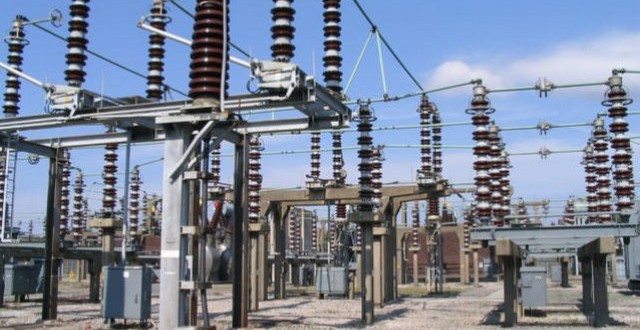The electricity generation in the country has dropped from the 4,810.70 megawatts (mw) recorded in August this year to 3,408.87mw. Power supply has also dropped to 3,373.18mw as at Wednesday this week.
As at August 26, the country’s power supply dropped from the 4,131.71 megawatts (mw) recorded to 3,843.99 mw in the first week of September. The decline continued, dropping from 4,008.53mw to 3,619.70mw last week.
The Presidential Taskforce on Power, which made this disclosure on Wednesday in its power sector performance report, put the daily energy generated at 81,812.76mw while energy sent out stood at 80,956.43wm.
This is again a far cry from the 104,794.26mw generated and 102,490.25mw of energy sent out as at September 23.
It will be recalled that the Chairman of the Nigerian Electricity Regulatory Commission (NERC), Dr. Sam Amadi, had said recently that power generation could rise to 6,000 mega watt before the end of the year.
Amadi identified corruption, poor budgeting as the problem facing the growth of electricity sector.
He however added that from 2010 to date it has been bedeviled by project management problem, stating that the problem was mostly caused by corruption and inefficient budget circle, which has made it difficult for effective delivery of projects within a target time frame in the sector.
He said: “Today the real problem of this sector is performance management. We have moved from modeling, we have set a fairly good enough model that will allow us to create sustainable electricity. The problem is poor project management, it includes corruption, which is the beginning because if you miss procurement, if you award contracts to those who cannot deliver, there is no magic. So it is a NERC problem, it is a problem of delivery.
“If we had delivered all the NIPP projects, recovered all the capacity of existing electricity generation companies, we would have been doing over 8000mw or 9000mw today. So the problem of the electricity sector is that we need to develop the skills, project and deliver. Some of them are budget circle, think about the Transmission Company of Nigeria.
“TCN gives a bill of N50 billion, government appropriates N30 billion and release N10 billion. There is nowhere in the world where projects can be completed with that kind of budgeting circle. So what we are trying to do in our own little way as regulators is to in this meeting put our finger on why are we not executing efficiently and effectively,” he said.

